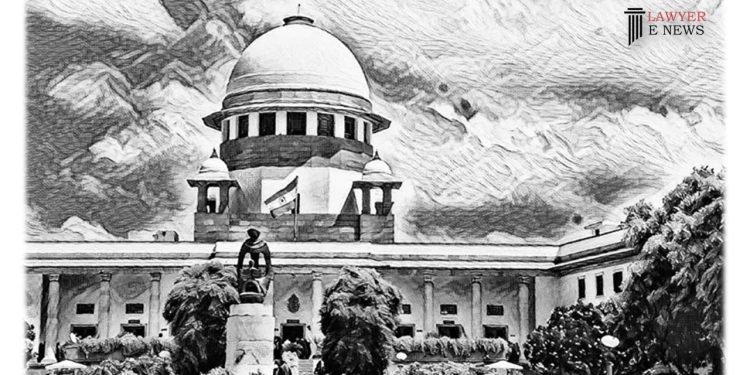-
by Admin
15 February 2026 5:35 AM



In a significant ruling, the Hon’ble High Court delivered a landmark judgment reaffirming the importance of prima facie evidence in paternity disputes and allowing for the conduct of blood tests to determine the truth. The court emphasized that blood tests should not be ordered as a matter of routine, but rather when there is a strong prima facie case of non-access to dispel the presumption of legitimacy.
The judgment, delivered by Hon’ble Mary Joseph, J., delves into the complex dynamics of a paternity dispute where the alleged father challenged the parentage of the child. The court held that “courts in India cannot order blood tests as a matter of course” and emphasized the need for careful examination of the consequences, including the potential stigmatization of the child and the mother.
The court further highlighted that in cases of cohabitation with multiple partners, the presumption of valid marriage should lean in favor of the ceremonial marriage, and the legitimacy of a child cannot be adjudicated in casual or live-in relationships.
Crucially, the court acknowledged the significance of prima facie evidence, specifically photographs, in establishing a case of cohabitation and birth. Referring to the photographs presented as evidence, the court stated, “The photographs can be considered as prima facie evidence justifying the averments of the petitioner about long cohabitation with the respondent and birth of the child in the said cohabitation.”
The judgment also underlined the relevance of establishing paternity in determining maintenance allowance for an illegitimate child. While an illegitimate child is eligible for maintenance allowance, paternity must be established for the court to direct payment from the alleged father.
The ruling has been hailed as a significant step in ensuring fair adjudication of paternity disputes. Legal experts have lauded the court’s balanced approach, which considers the rights and reputation of all parties involved while upholding the principles of justice.
This judgment aligns with previous rulings of the Supreme Court, including the Goutam Kundu case, which outlined the principles to be considered when ordering blood tests in paternity disputes. The court in this case upheld the impugned order, stating that it was legally sustainable and in accordance with the directions given by the apex court.
Date of Decision: 30TH DAY OF JUNE 2023
xxx vs xxx
